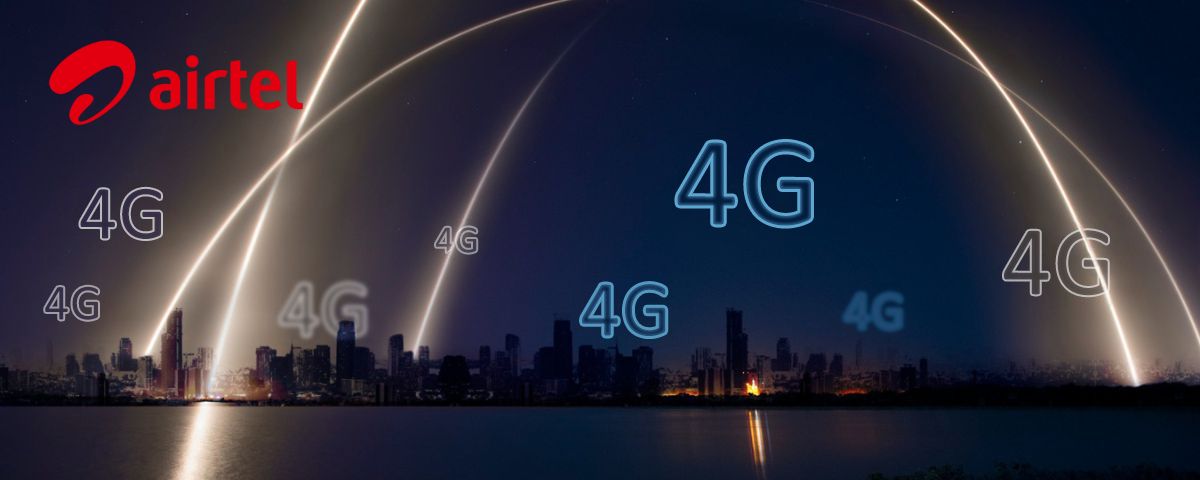
Bharti Airtel, India’s second-largest telecom operator, is poised to award contracts worth approximately $1 billion (Rs 8,375 crore) to Ericsson and Samsung over the next three years for acquiring 4G network equipment, according to sources familiar with the matter. These new equipment deals are intended to accelerate the migration of Airtel’s remaining feature phone users to smartphones, thereby boosting user revenue. In addition, the Sunil Mittal-led company is in discussions with global vendors to purchase more 5G network gear, though the immediate focus is on expanding 4G coverage across the country, sources said.
Industry insiders noted that Sweden’s Ericsson is likely to supply 4G base stations in 11 regions—Rajasthan, Haryana, Delhi, UP-West, Himachal Pradesh, J&K, Assam, Northeast, Andhra Pradesh, Tamil Nadu, and Karnataka. South Korea’s Samsung is expected to serve the remaining two areas, Kolkata and Punjab.
Airtel’s decision to further expand its 4G network is aligned with its strategy to strengthen mobile broadband coverage in five key regions—Gujarat, Maharashtra, Madhya Pradesh, Kerala, and West Bengal—where its 4G presence is limited. Additionally, the telco plans to enhance 4G coverage in non-census towns and villages as it aims to rapidly transition its remaining 95 million 2G users to 4G. These non-census towns are typically smaller towns that don’t meet specific criteria related to population and workforce demographics.
As of June 2024, Airtel’s mobile network covered 7,918 census towns and around 811,000 non-census towns and villages. This 4G network expansion aligns with regulatory pushes for improved mobile service quality, especially after recent tariff hikes of 11-25% strengthened operator finances.
Following the July tariff increases, Airtel’s leadership reaffirmed the company’s goal to achieve an average revenue per user (ARPU) of Rs 300. Goldman Sachs has projected two additional 10% tariff hikes by FY27, followed by more moderate increases. Currently, Airtel leads the Indian telecom sector with an ARPU of Rs 211, compared to Reliance Jio’s Rs 182 and Vodafone Idea’s Rs 146.
Experts suggest that Airtel’s 4G expansion is also tied to its decision to use the non-standalone (NSA) mode for 5G services, unlike rival Jio. The NSA mode relies on existing 4G infrastructure in conjunction with 3.5 GHz 5G spectrum to deliver 5G speeds.



